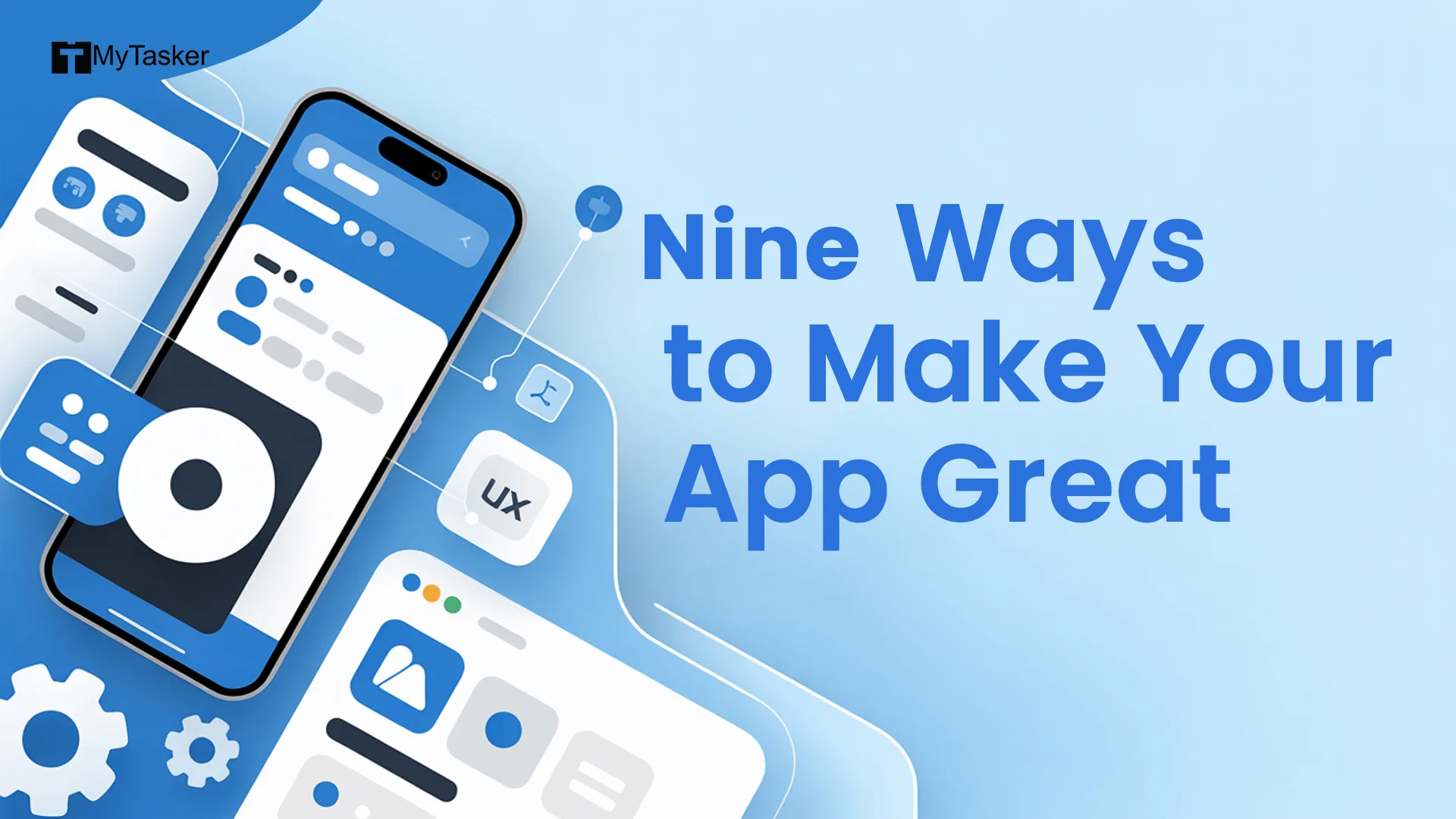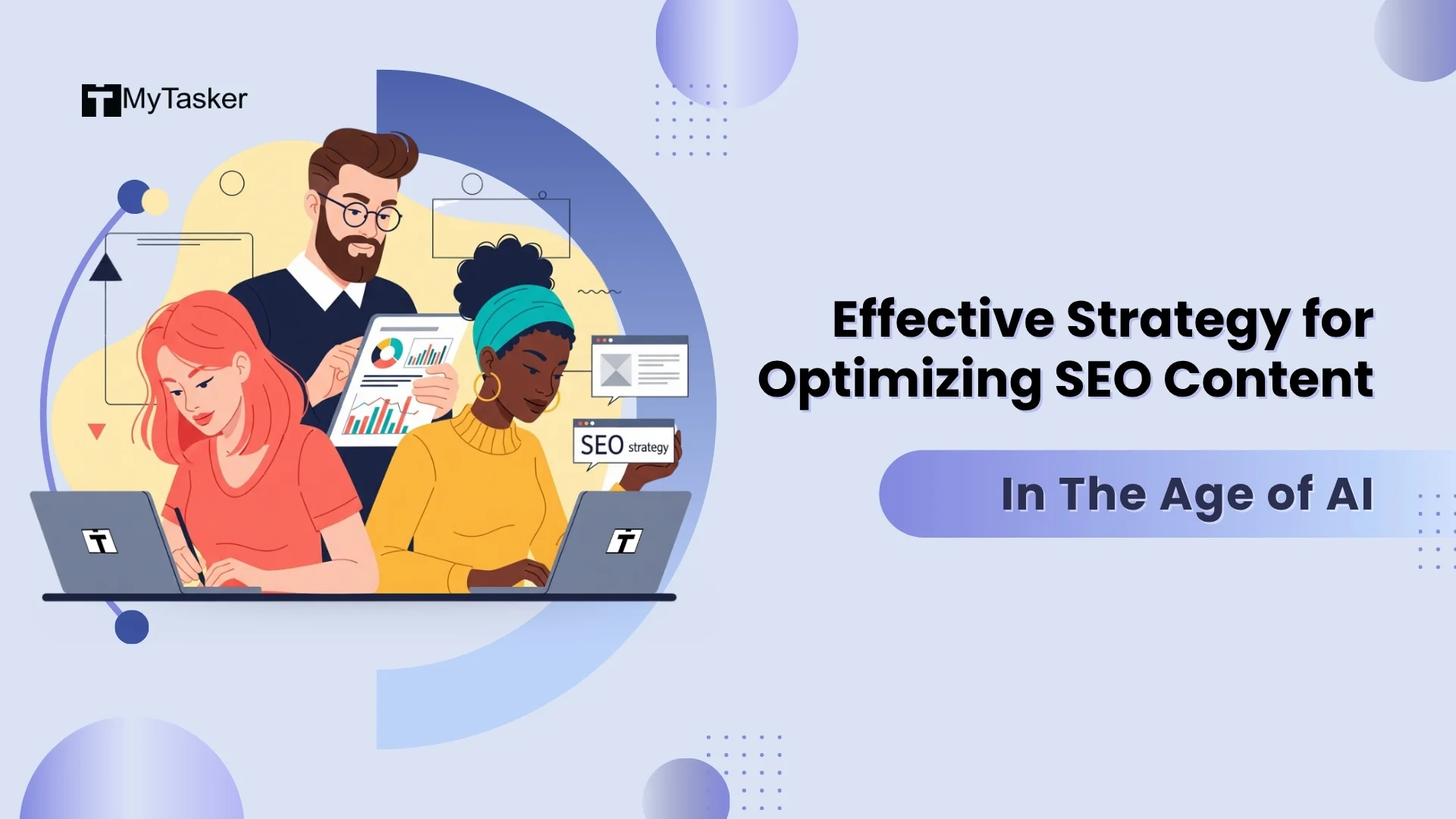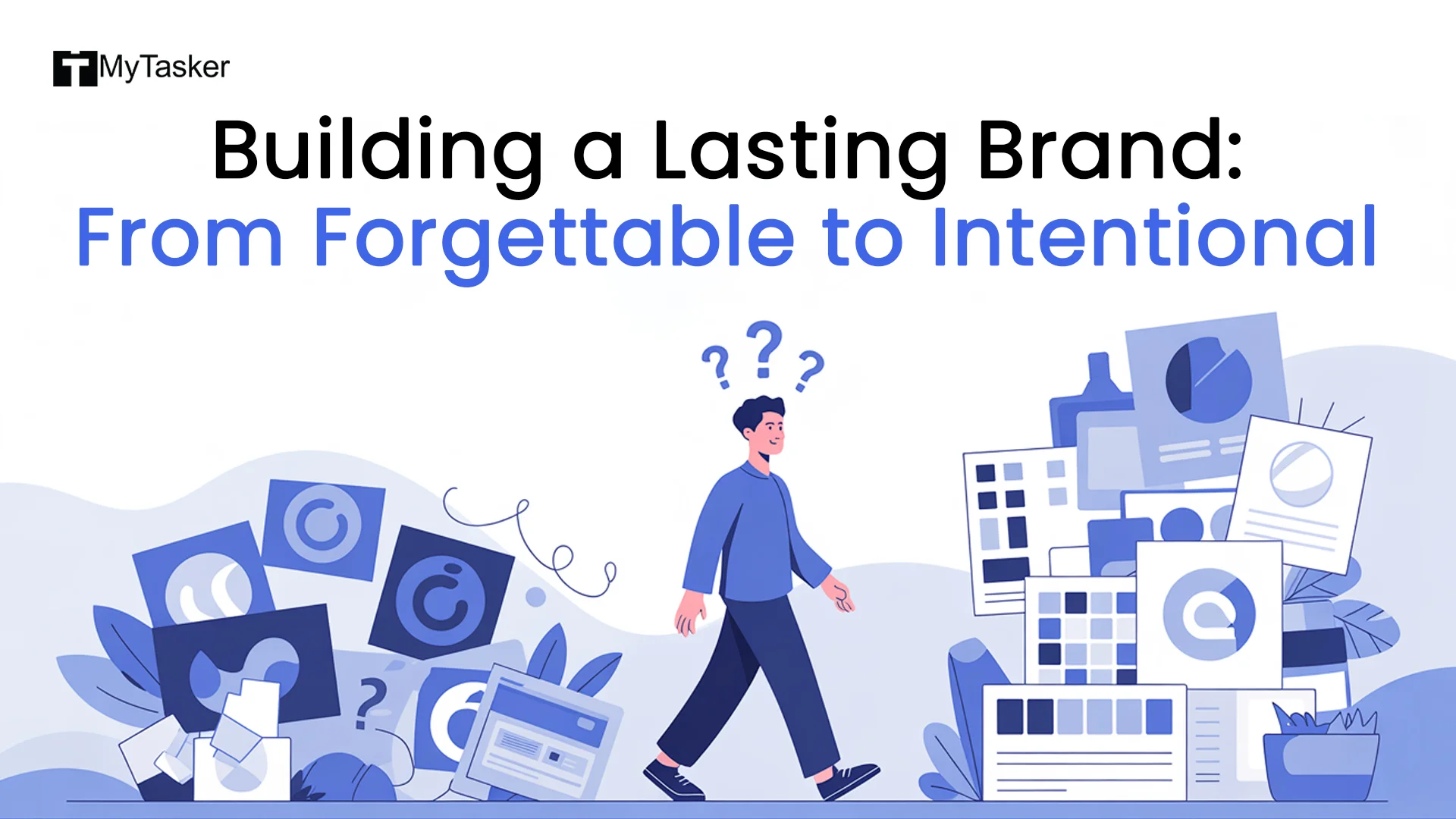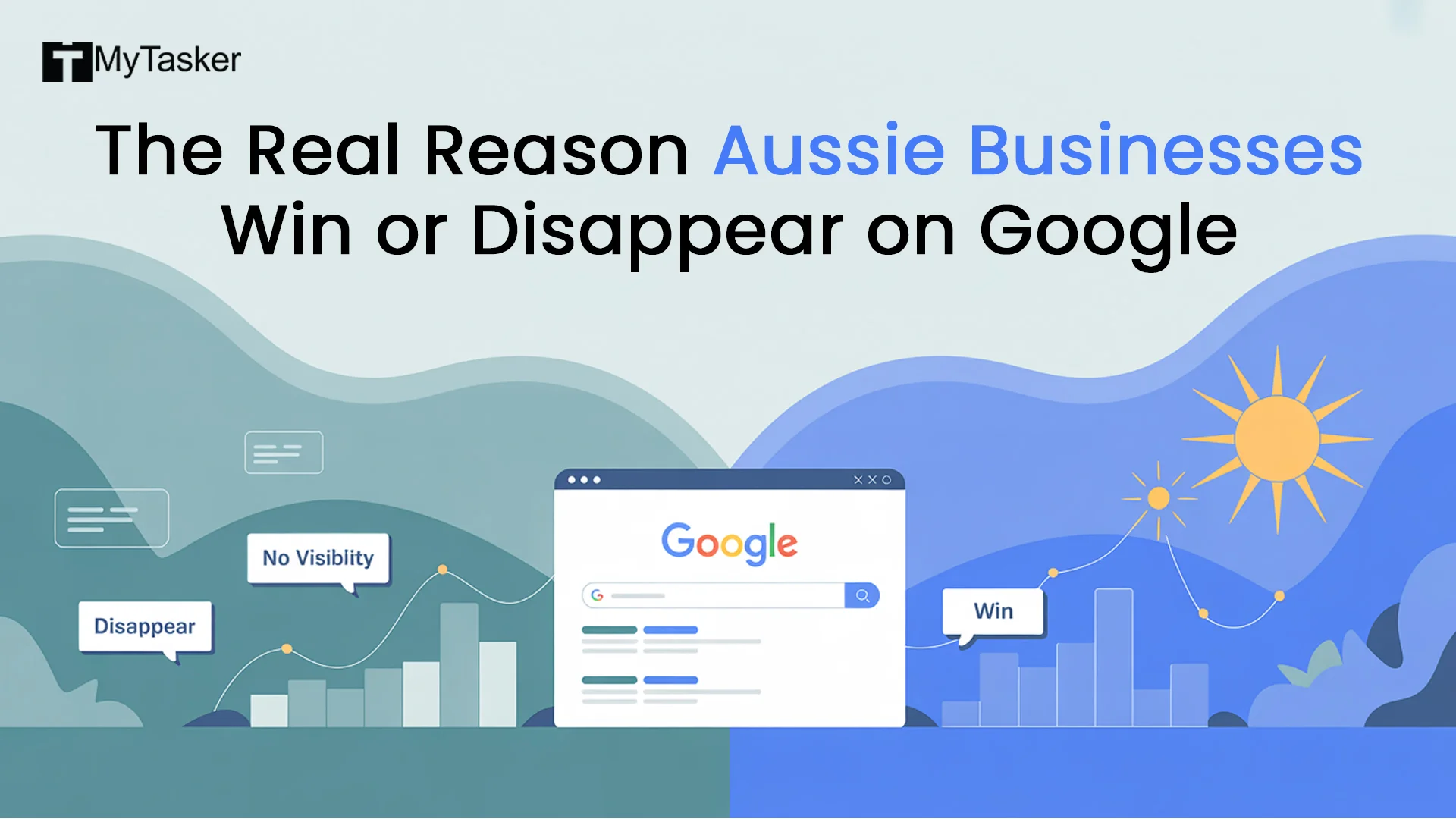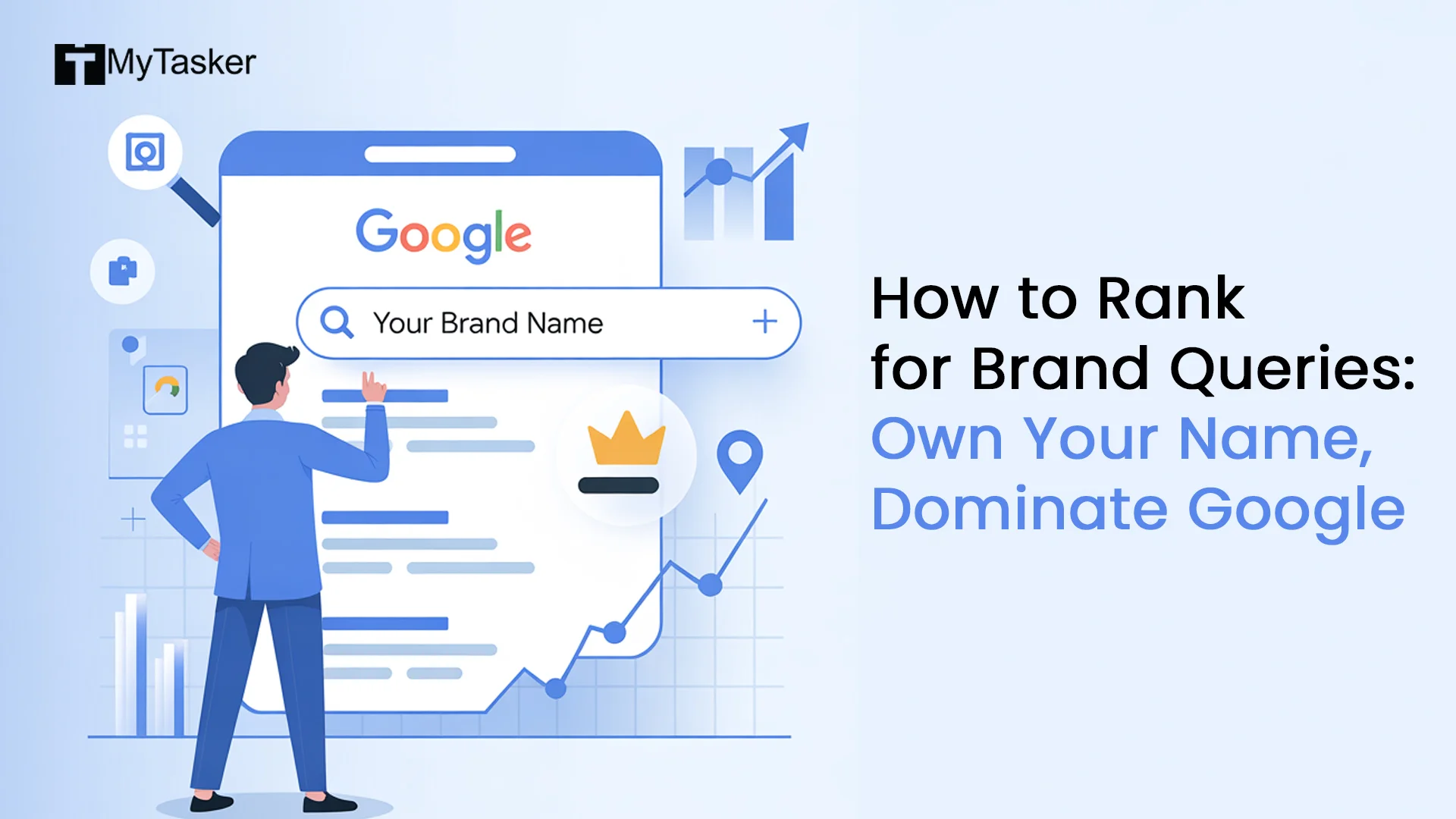The Future of SEO: Master Google’s Ranking Factors (2025)
SEO is always changing and staying ahead of the game is key to ranking well. Whether you’re a business owner, marketer or content creator knowing the latest SEO strategies makes all the difference. In this guide we’ll break down Google’s latest ranking factors in a simple way and give you practical steps to improve your website’s performance.
Google’s Priorities in 2025
Google is more advanced than ever using AI and machine learning to determine search rankings. Gone are the days of keyword stuffing and building thousands of backlinks. Instead Google is prioritising:
-
User Experience (UX) & Page Performance – Sites that load fast and provide a smooth experience rank higher.
-
Relevant, High Quality Content – Content has to be well written, useful and match what users are looking for.
-
Mobile-First Optimisation & Core Web Vitals – Your site must perform well on mobile devices.
-
Natural & Authoritative Backlinks – Backlinks still matter but quality is far more important than quantity.
-
Semantic Search & AI-Driven Results – Google understands context better than ever before.
-
AI Overview Optimisation & Advanced Search Features – AI generated results are changing search queries.
-
FAQ Integration for Quick Answers – Providing clear answers to common questions improves visibility.
-
Keyword Dominance for Topic Authority – Covering topics comprehensively helps establish authority.
Let’s go step by step and see how you can optimise your site for long term SEO success.
Content That Ranks: Relevance & Quality First
Focus on User Intent
Google ranks content based on what users are looking for. There are four main types of search intent:
-
Informational – The user is looking for knowledge (e.g. “how to rank on Google”).
-
Navigational – The user is searching for a specific website (e.g. “LinkedIn login”).
-
Transactional – The user is ready to buy (e.g. “buy Nike running shoes”).
-
Commercial Investigation – The user is researching before making a purchase (e.g. “best smartphones under $500”).
Make sure your content matches these intents and answers users’ questions thoroughly.
EEAT: Experience, Expertise, Authority, Trustworthiness
-
Google favours content from trusted sources.* If you’re in fields like health, finance or law, showing expertise is essential.
-
Back up claims with credible sources and link to them properly.
Long Form, Valuable Content Wins
-
Longer content (1,500+ words) tends to rank higher, but only if it’s useful.
-
Break up content with subheadings, bullet points and visuals for easy reading.
-
Keep your content up to date—Google prefers fresh and accurate content.
Optimising for Featured Snippets
-
Google displays quick answers at the top of search results (Position Zero).
-
Structure content with FAQs, lists and step-by-step guides.
-
Use FAQ Schema to increase your chances of getting featured.
Keyword Optimisation: Owning Your Niche
-
Use semantic keywords—related terms that help Google understand context.
-
Focus on topic clusters rather than individual keywords.
-
Create pillar pages with deep, authoritative content on key topics.
Technical SEO & User Experience
Core Web Vitals Matter
Google measures three key performance metrics:
-
LCP (Largest Contentful Paint) – How fast the page loads.
-
FID (First Input Delay) – How quickly the site responds to user interactions.
-
CLS (Cumulative Layout Shift) – Avoid sudden movements that disrupt user experience.
Mobile-First & Responsive Design
-
Google prioritises mobile performance, so test your site on mobile.
-
Avoid intrusive pop-ups that harm user experience.
Secure, Crawlable, Well-Structured Sites
-
HTTPS is a must—Google prioritises secure sites.
-
Internal linking helps Google understand your site’s structure.
-
Fix broken links and 404 errors to improve user experience and SEO.
Schema Markup & AI Optimisation
-
Schema markup helps Google understand your content better.
-
AI generated search overviews require structured data to be included in summaries.
-
Helps in displaying rich snippets like ratings, event details and product listings.
Backlinks & Authority: Quality Over Quantity
Get Links from Authority Sites
-
A single high quality backlink is worth more than hundreds of low quality ones.
-
Links from relevant niche sites carry more SEO value.
Natural Link Building Strategies
- Guest posts on trusted sites.
-
HARO (Help a Reporter Out) for getting PR mentions.
-
Create high-quality content that naturally earns links.
Anchor Text Optimisation
-
Don’t use over-optimised, exact-match anchor text (can trigger spam filters).
-
Use natural variations and branded anchor text.
Internal Linking Strategy
-
Link to important pages to distribute authority.
-
Avoid orphan pages with no internal links.
User Engagement & Behavioural Signals
Dwell Time & Bounce Rate
-
If users stay longer on your page, Google sees it as a positive signal.
-
Use videos, images and interactive elements to boost engagement.
CTR Optimisation
-
Write compelling meta titles and descriptions.
-
Use numbers and power words (e.g., “10 Proven SEO Strategies”).
Brand Mentions & Social Proof
-
Even unlinked brand mentions help build credibility.
-
Google tracks brand presence across news sites and social media.
Local SEO & Voice Search Readiness
Optimise your Google My Business (GMB) Listing
-
Ensure NAP (Name, Address, Phone Number) is accurate.
-
Encourage and respond to customer reviews.
Local Directories & Citations
-
Ensure consistent business information across all directories (Yelp, Bing Places, etc.).
Voice Search Optimisation
-
People search differently with voice—focus on long-tail, conversational queries.
-
Provide fast-loading, direct answers to common questions.
AI & The Future of SEO
AI-Powered Search (SGE, ChatGPT, Bard, Perplexity AI)
-
Google’s Search Generative Experience (SGE) changes how results are displayed.
-
Create content that AI highlights in its answers.
Zero-Click & AI Summarised Results
-
Many searches now provide instant answers—optimise for rich snippets.
-
Adapt content to match conversational AI queries.
SEO Automation & AI Tools
-
AI-powered SEO tools analyse data, track keywords and suggest improvements.
-
AI-generated content should always be fact-checked for accuracy.
Conclusion: SEO Is More Than Just Rankings
The future of SEO is about creating a seamless experience for users while maintaining credibility. Google is rewarding websites that:* Fast. Valuable. Organised.
-
Best user experience.
-
Responsible SEO.
By doing this you’ll not just rank, you’ll exist online. Need help? Let’s level up your SEO.



_.jpg)
